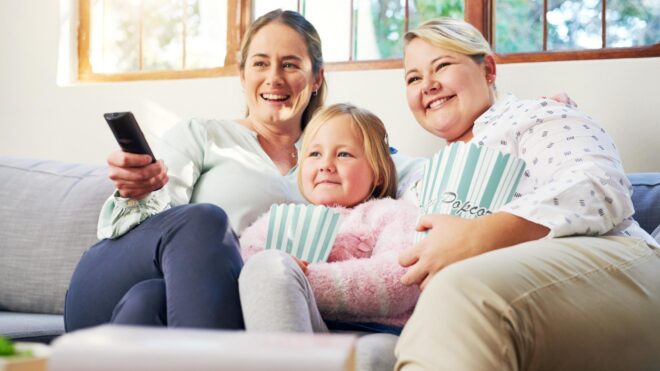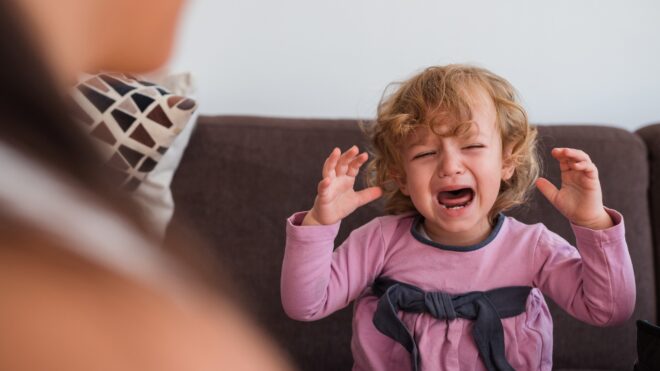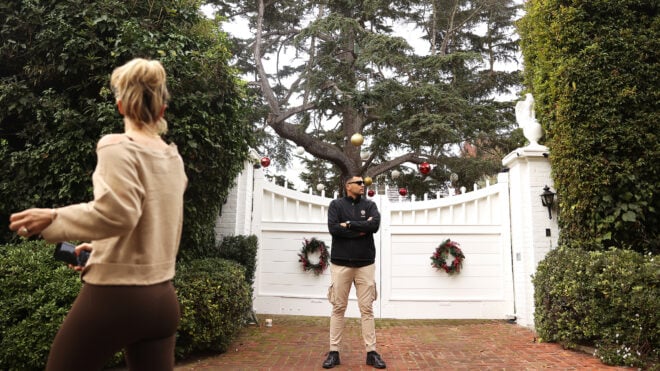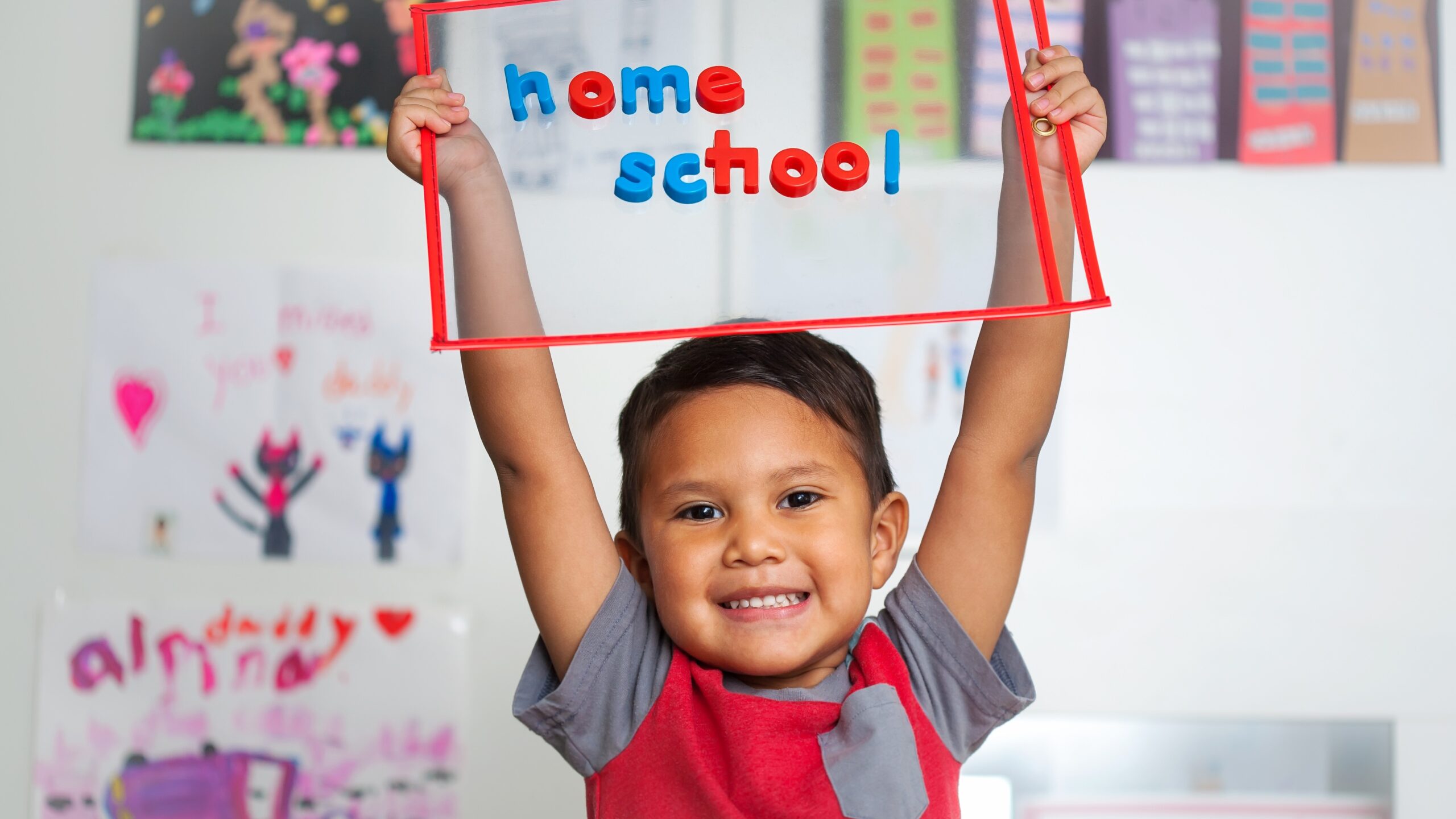
People tend to assume that it is a given that when a child is old enough, they will go to school. They need learning and structured classrooms. How will they socialize if they’re not in a room with 30 other children Monday through Friday? How will they learn without being taught by credentialed teachers? Well, I don’t buy into that. I believe my child can get the education he needs at home. Armed with books, pens, pencils, and lots of patience, I intend to homeschool my child for all of his school-aged years. Why would a person choose this route when raising their child? I, like many others, have weighed the pros and cons, and the benefits to my child and family seem to dramatically outweigh any possible downsides. Here are the reasons that have swayed my decision to homeschool my child.
The views expressed in this personal essay are solely the author's, and while we celebrate individuals’ rights to express themselves, these views do not necessarily reflect the opinions and beliefs of this website or its affiliates.
Preparedness is important to me.
Homeschooling has been around for as long as children have existed. Compulsory education, as we know it, has been in place in the US for about 100 years. In that time, it has become absolutely ingrained in our culture. So much so that the sudden disruption of public school education during the COVID pandemic was shocking to parents, children, and educators. What were we supposed to do with kids if they weren't in school from 8 a.m. to 3 p.m., five days a week, 10 months out of the year? How was learning to take place?
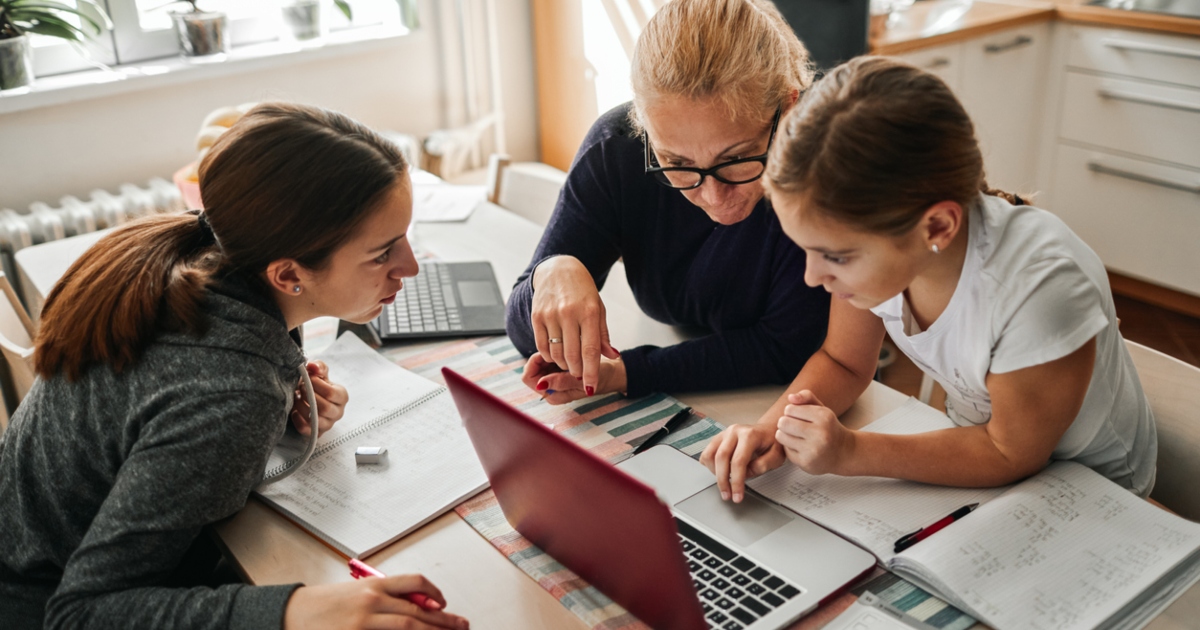
Families grappled to adjust to online classes and constant family togetherness. In the middle of all of this, do you know who didn’t miss a beat? The families who were already homeschooling. They seem like a small minority, but in 2019, before COVID-19 had reached anyone’s respiratory droplets, 2.5 million American children were already being homeschooled. These families had chosen to keep their kids home and provide an alternative to a traditional classroom for them.
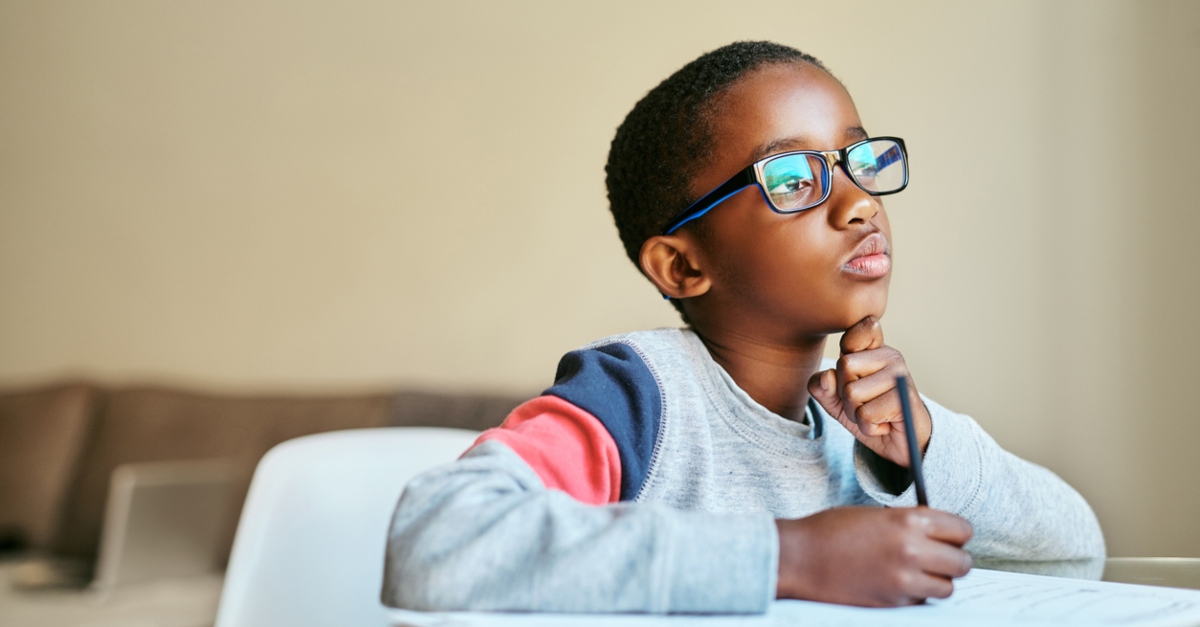
These homeschooled children did not have the stress of having all of their routines disrupted. During a time of great uncertainty and upheaval, their day-to-day lives were not impacted to nearly the same degree as average schoolchildren. When emergencies happen, I like to be as prepared as possible. You never know what might come next, and I strive to set my life up in a way that there will be as few disruptions as possible when the inevitable happens.
I don’t believe in evolution.
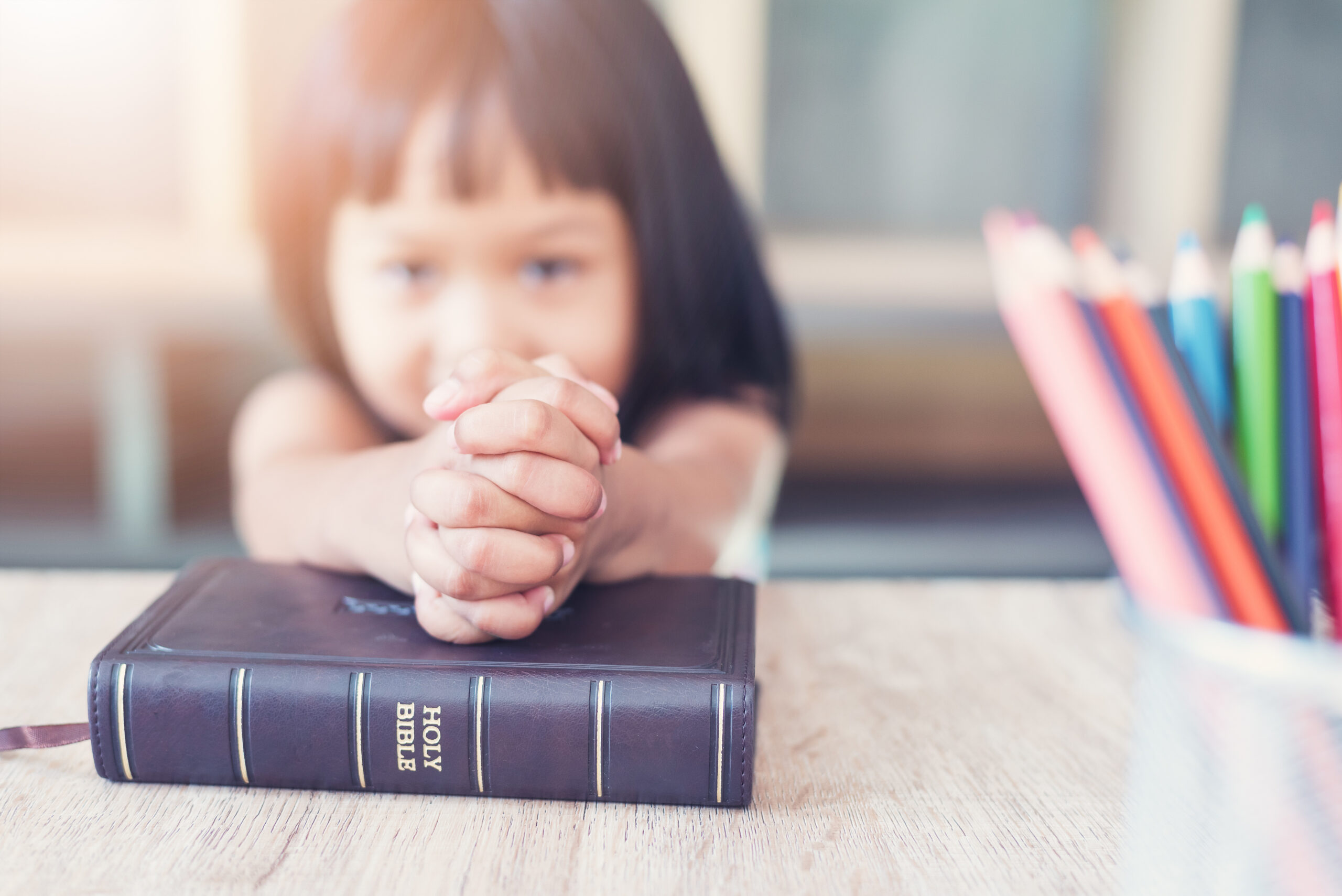
I believe that the earth was created, by God, in six days. This is laid out in the Bible’s book of Genesis, which I accept as a true historical account. Science supports this belief. I want to be able to provide my child with these facts when educating him on the world around us. I don’t think that it would be right or fair for me to send my child into school, telling him that what the teachers are teaching him is outright wrong.
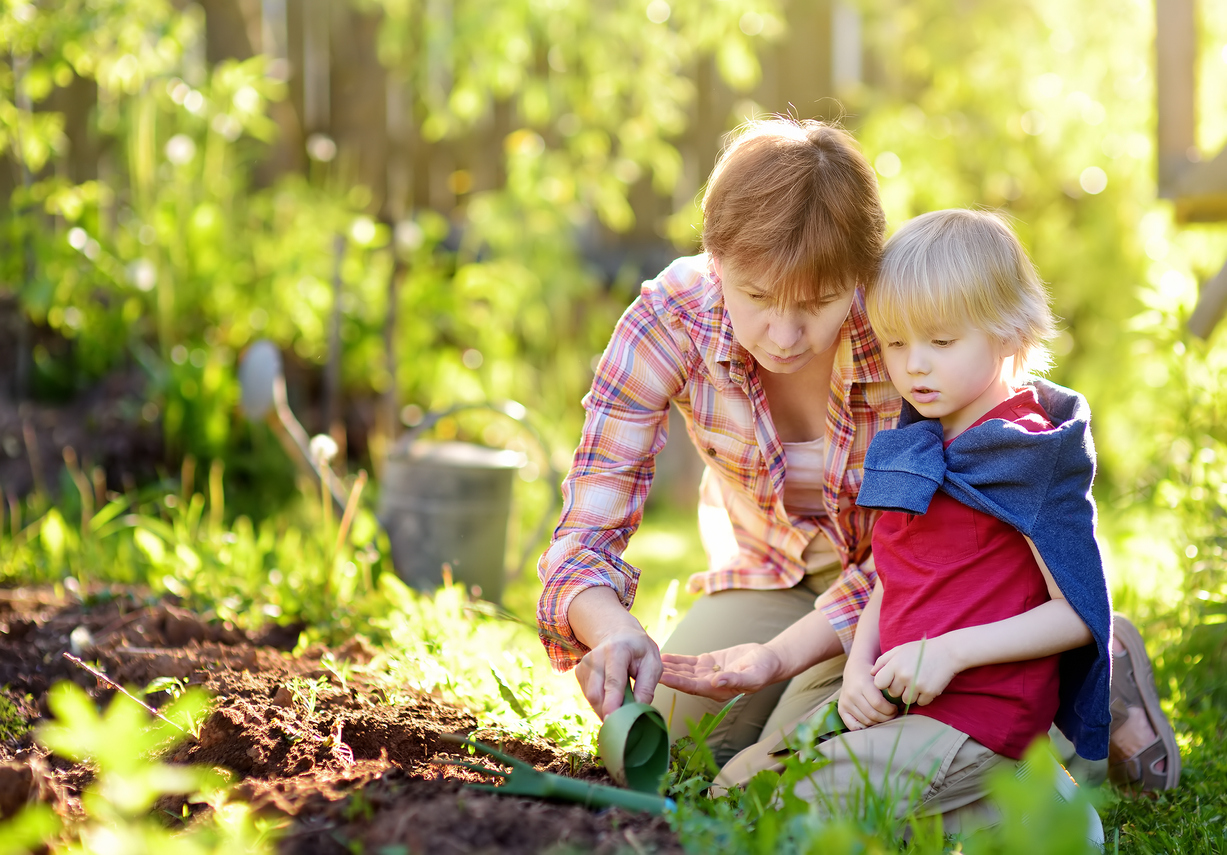
I can’t imagine that being a healthy dynamic. Instead, I’ll teach him all of the wonders of the world using books and resources that are in line with this worldview. There are sets of curriculum such as Apologia that provide structured courses on learning the world around us through this lens. He’ll also get a lot more hands-on experience with the natural world, being allowed to roam freely outside between lessons, instead of being stuck behind a desk, waiting on the class to settle down before the teacher can start the lessons.
I don’t trust the government to raise my child for me.
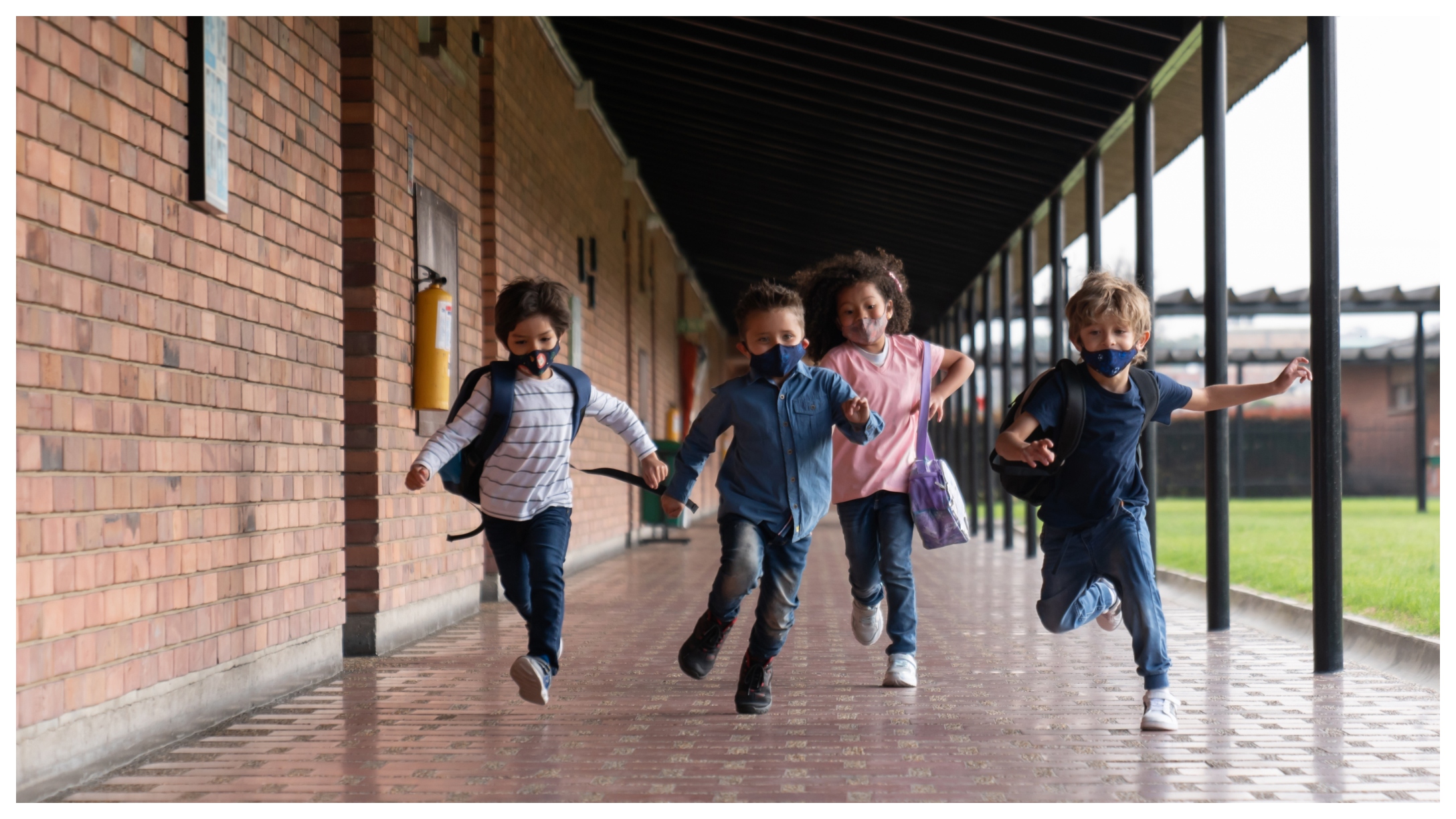
Public schools were created with good intentions. It seemed like a great idea to put the kids all in one place where they could learn the basics of reading, writing, and arithmetic. I don’t believe that the current academic atmosphere supports learning the way it was intended to. Class sizes are ever-growing. Today, “classroom management,” or keeping the kids contained and well-behaved, takes up far more of the teachers’ time and energy than actual academics does. Things like lining up, sitting still, and being quiet are important for little ones to master, but making these tasks the main focus of their school days just doesn’t seem like a good use of a child’s impressionable years. I mean, I can teach my kid how to wait patiently in line by bringing him with me to renew my license. He doesn’t need to be subjected to this kind of bureaucracy, day in and day out, five days per week, for 13 years of his young life.
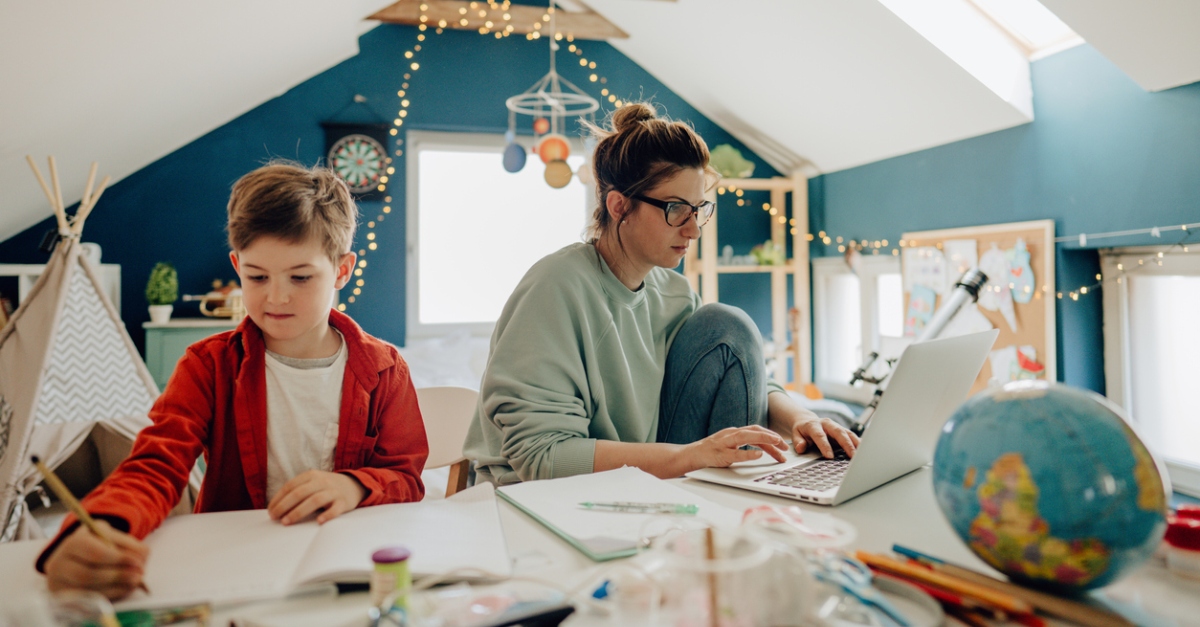
Plus, each school year starts off with a totally different teacher, a stranger, selected by administrators, who is overworked, underpaid, and overwhelmed by the number of children in their care. You just have to hope the teacher can make it through each week without a complete mental breakdown. Combined, none of this adds up to an ideal learning environment. Homeschooling can get the same amount (or much more) of learning time completed each day in a much more consolidated timeframe. Without the constant disruption and nonsense, lessons take up a substantially shorter portion of the day. He’ll be able to focus on his lessons for a few hours each day and spend the rest of his day free to just be a kid.
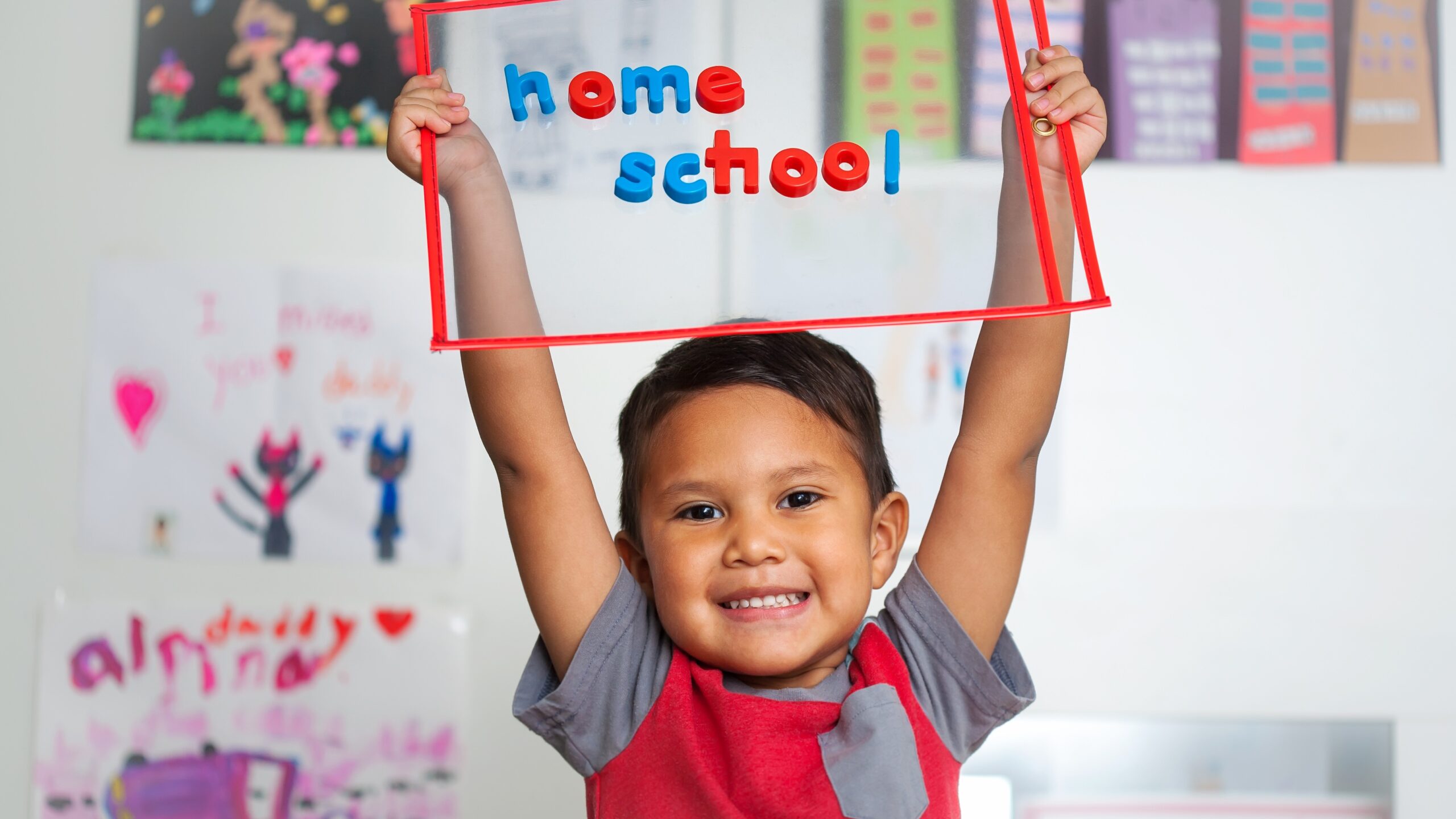
Ultimately, I want my son to be able to get his education in a holistic way that doesn't cause him a bunch of unnecessary stress. I want his childhood years to be filled with joy and play and engaged learning. For me, homeschooling is the best way to make this happen.


